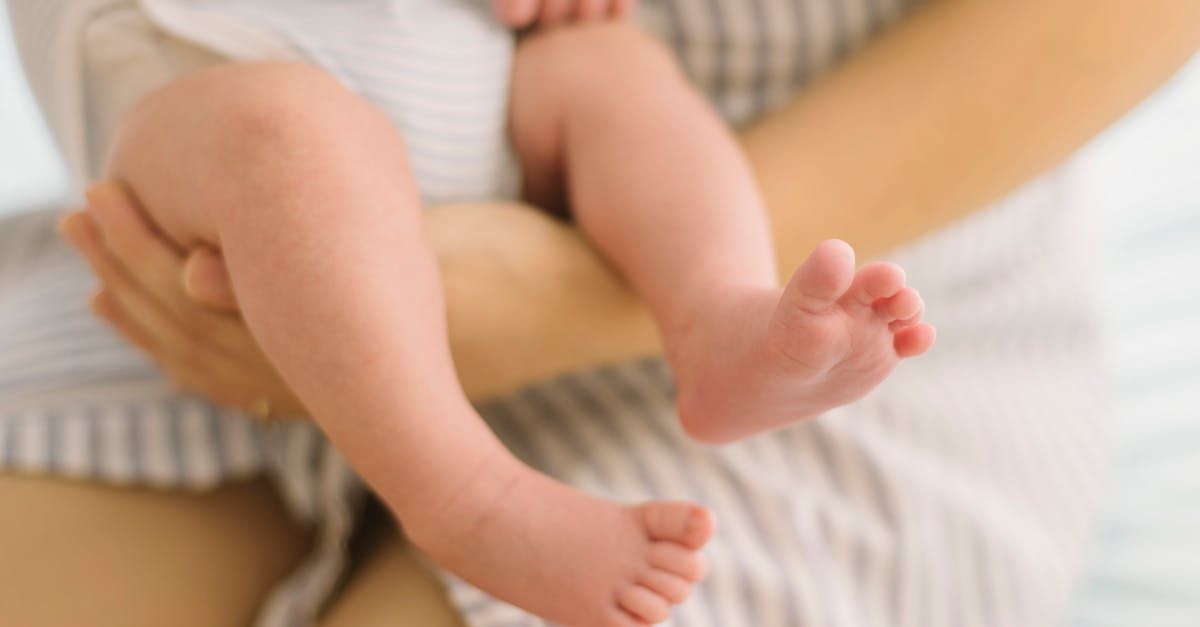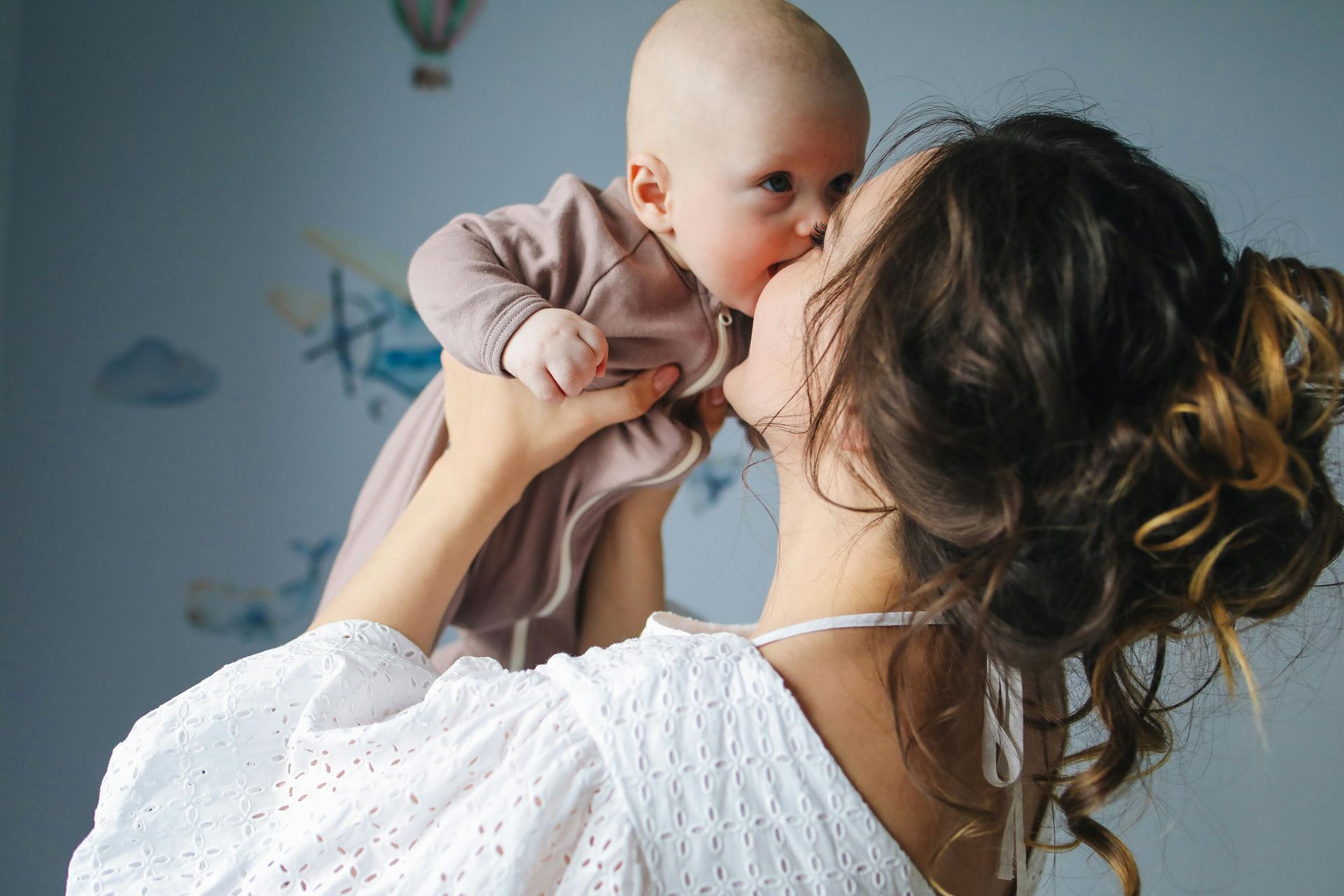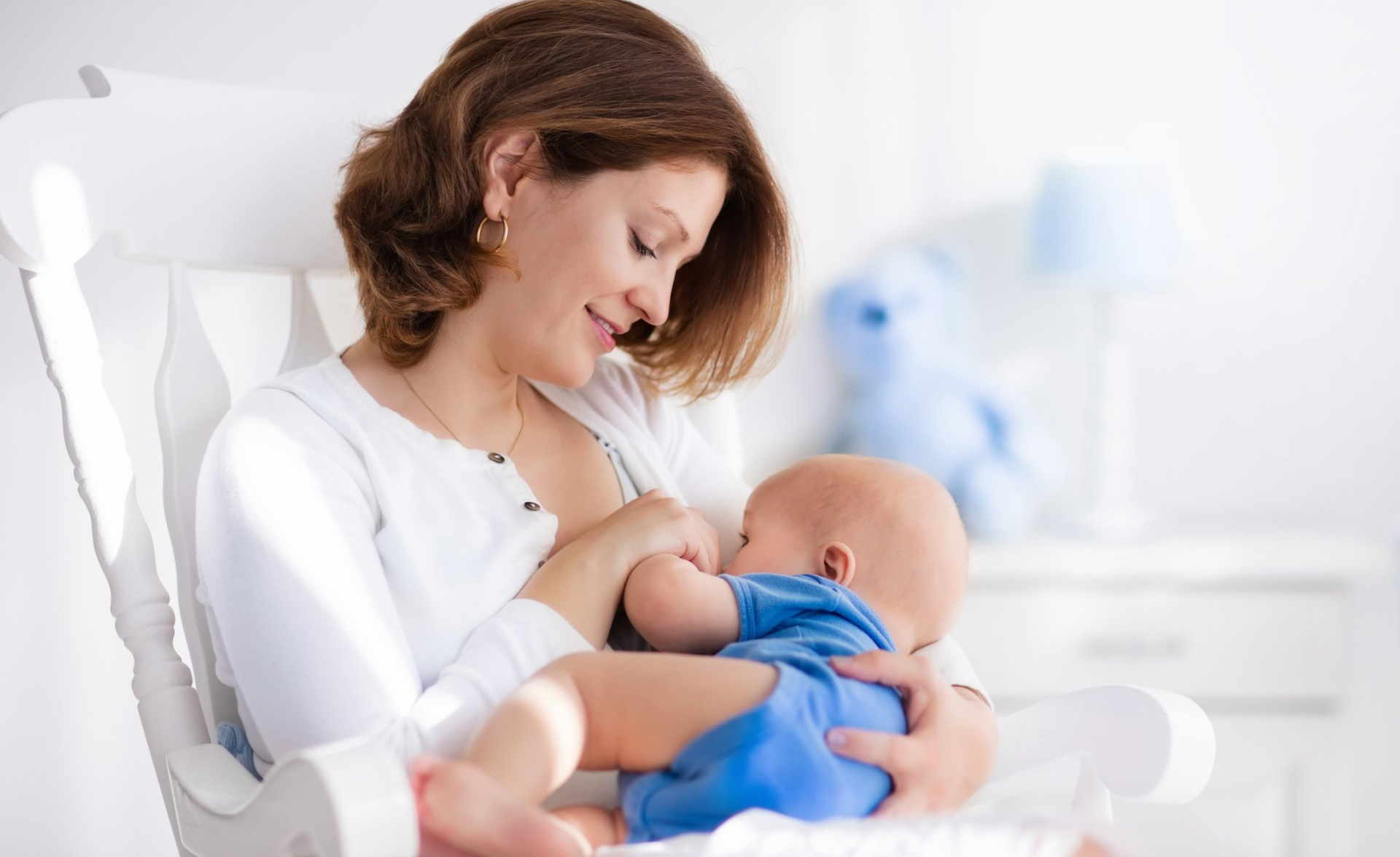Milestones Your Pediatric Care Provider Will Be Asking About During Year One
Month to Month Milestones During the First Year of Life

There are so many exciting milestones that babies will reach in the first year of life. From holding their head up to learning to walk, the changes you will witness are astonishing. Here are some milestones that your pediatric care provider will be asking about during your baby’s first year of life.
0 to 3 Months:
The newborn phase of infancy is a period where a baby sets the foundation for the upcoming months. Your baby will learn to hold their head up by having tummy time regularly. Tummy time is important to ensure your baby gets strong neck muscles to hit other milestones in the future. Between 0 to 3 months your baby will also learn how to grasp things, start smiling, start to coo, and begin following people or objects with their eyes.
4 to 6 Months:
The 4 to 6-month period is typically the last stage of babies not crawling, but they can still move , so avoid leaving them unattended on beds. Your baby will start rolling and sitting up, which will help them grow strong enough to crawl. Your baby will also begin recognizing faces they see often and laughing regularly. It is also common for babies to talk more frequently , and start being more interested in exploring a variety of new objects between 4 and 6 months old. Your pediatric care provider will ask you if your baby is rolling and starting to sit up at doctor appointments as well.
7 to 9 Months:
Babies will make some major moves when it comes to physical development between 7 and 9 months old. During this stage babies will begin crawling or sometimes just pulling themselves up to walk with support. It is not a concern to most pediatric care providers when a baby skips crawling if they are progressing in development and getting stronger. It is common for babies to start copying sounds that you make and start getting fussy around unfamiliar people. Your baby will also learn to transfer objects from one hand to another and begin understanding object permanenc e during this stage. Object permanence is when a baby can recognize that objects, people, or situations continue to exist even when they are not directly visible, heard, or touched.
10 to 12 Months:
From 10 to 12 months, your baby will begin to learn some fundamental skills such as walking and feeding themselves. If your baby seems ready, you can introduce a spoon so they can start feeding themselves with something other than their hands. By 10 to 12 months old, pediatri c care providers like to see babies responding to their names, interacting with other babies or adults, and starting to respond to basic phrases or commands. As far as physical development, babies typically start walking along furniture or walking themselves during this stage.









